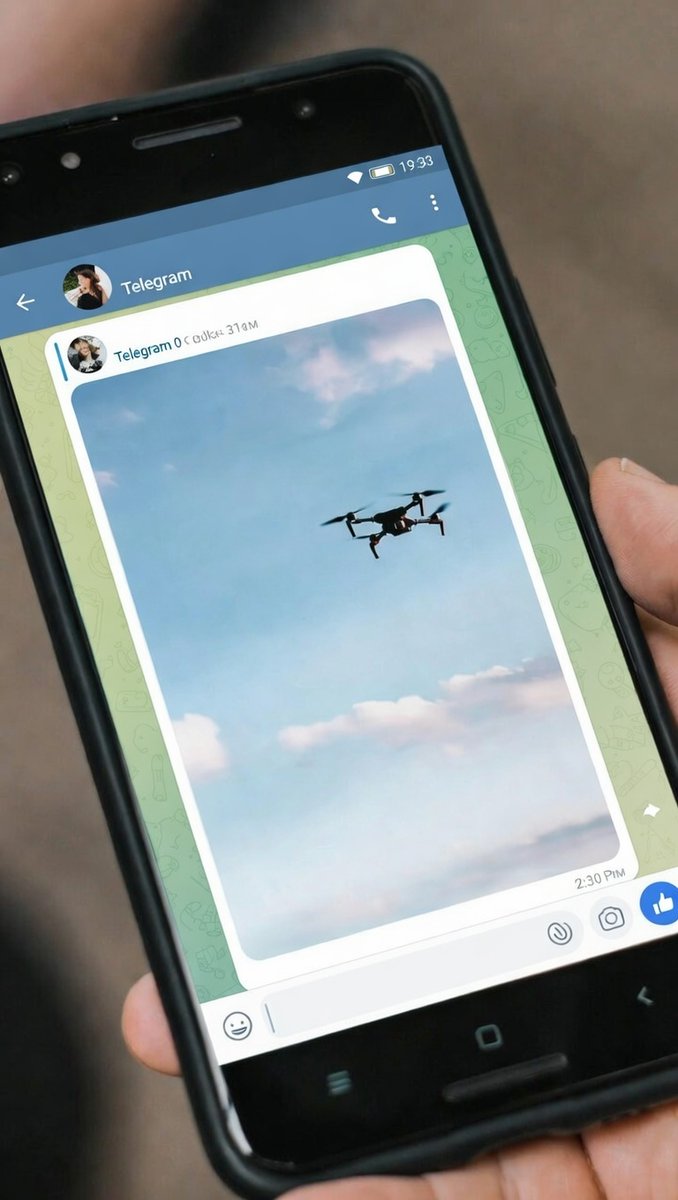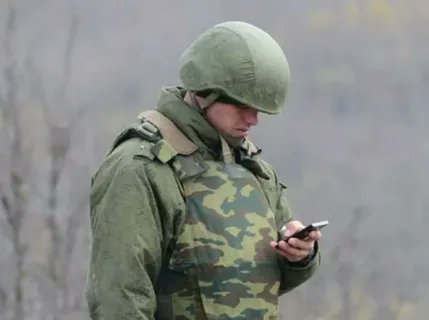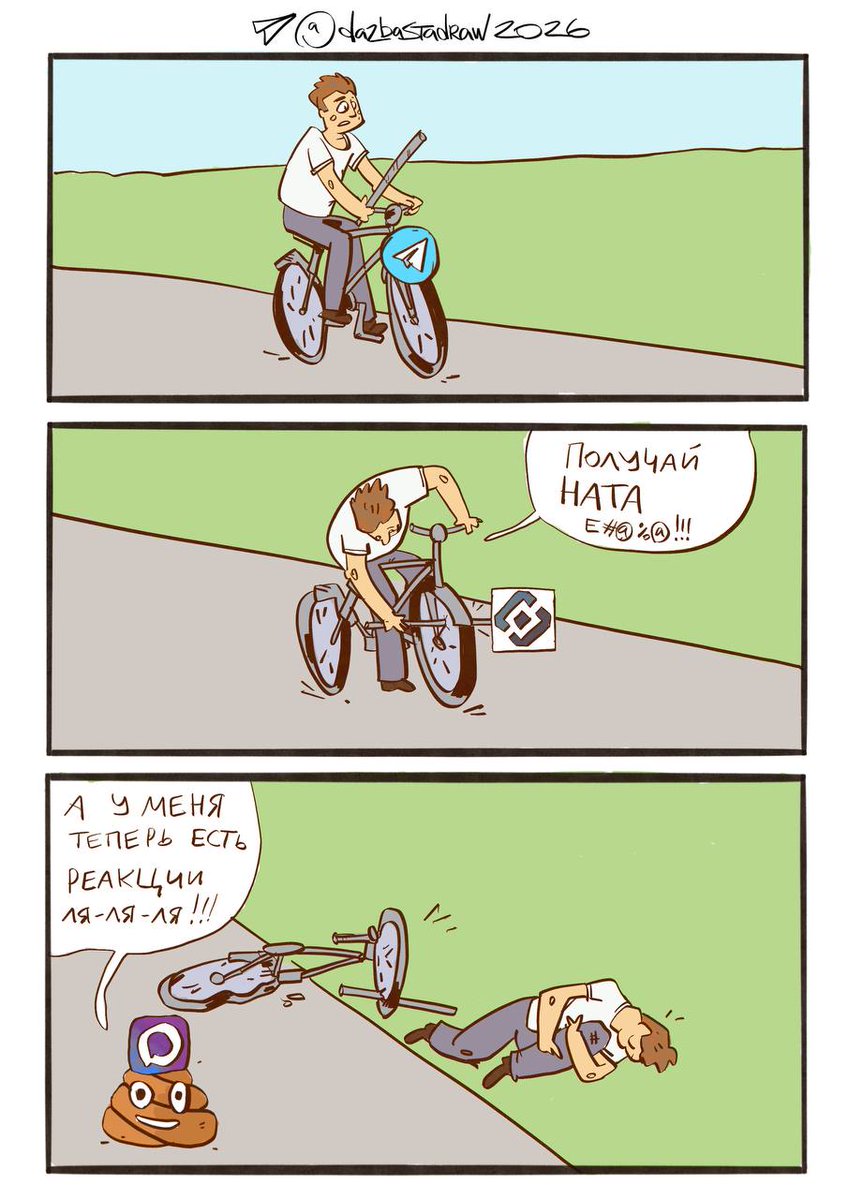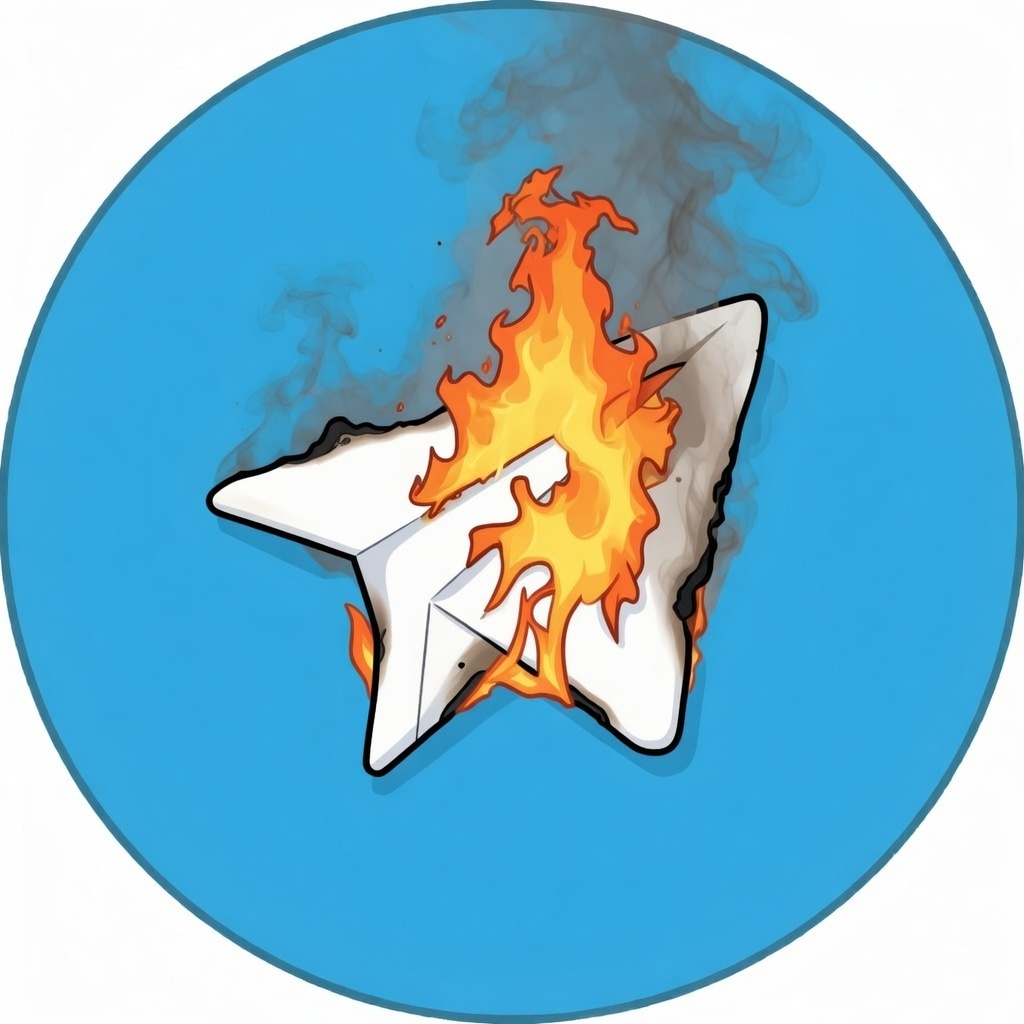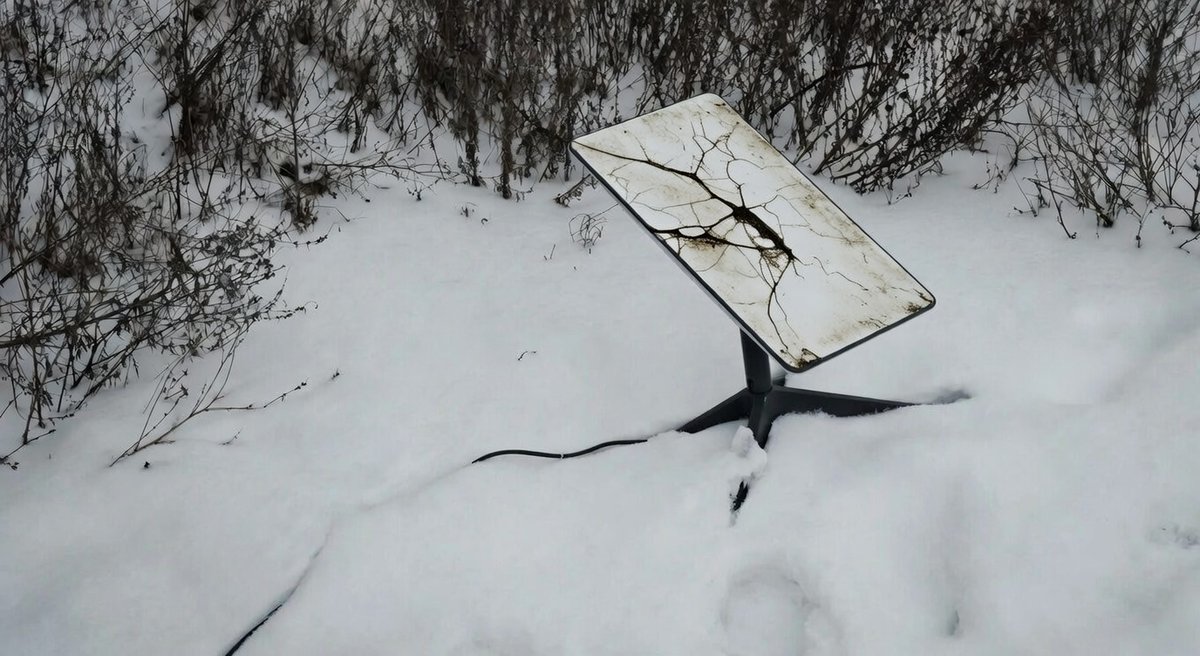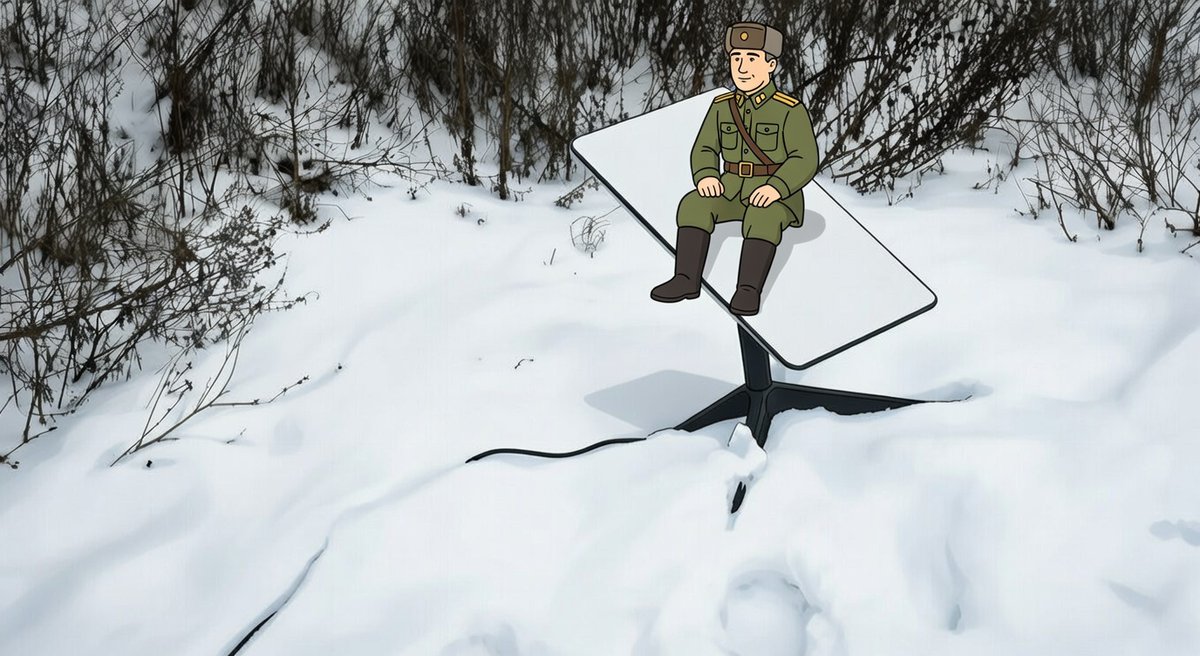1/ Most Russian soldiers go to Ukraine hoping to earn life-changing amounts of money. As one ex-soldier from Chuvashia describes, however, the reality is very different: the only things that are free are "ammunition and body bags", and soldiers have to buy everything else. ⬇️ 
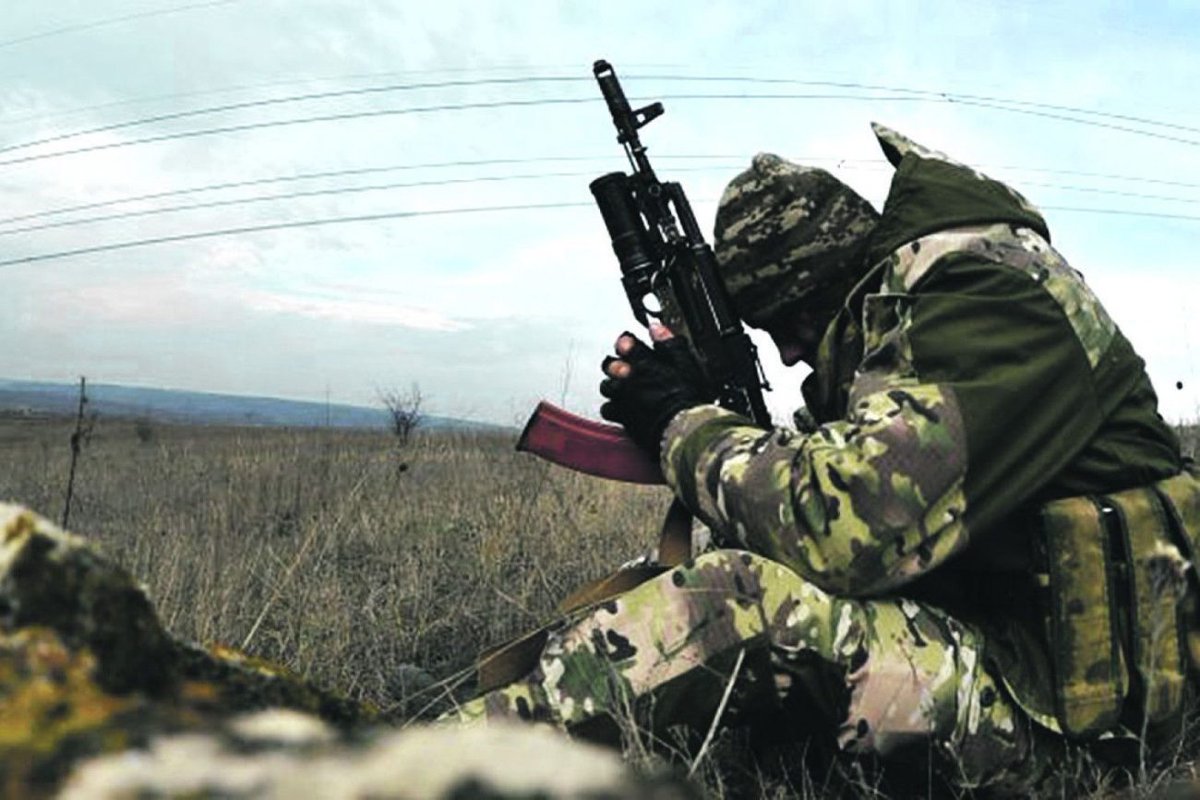
2/ 46-year-old Igor S. from Chuvashia survived the Ukraine war at the cost of an eye and many fragmentation injuries. He has described his experiences with the Russian army from his mobilisation in September 2022 to his discharge following injuries sustained in January 2024.
3/ A participant in the Chechen wars, he went to Ukraine "not because I am a super-patriot or because I want to conquer Ukraine. It’s just that there is no one to take to war from our village – young people and old people. The men left because there is no work or prospects."
4/ Unlike many other Russians mobilised for the war in Ukraine, he says he was given good training before being sent to the occupied Zaporizhzhia region in May 2023. At first things were quiet, before the ultimately unsuccessful Ukrainian counteroffensive began in July.
5/ "The ‘200s’ and ‘300s’ [dead and wounded] were still on the move. There were 60 people at the positions, I can't say exactly how many. We left after three weeks with 34 men. The rest were ‘cancelled’ – some because of injuries, and some for good.
6/ "All dirty, smelly, clothes in tatters, unshaven, many sick. Everyone had diarrhea, because they had to drink literally from puddles. There was nothing to smoke, we were starving and emaciated so much that you could shoot a movie about a concentration camp without makeup."
7/ The men were assigned to an assault brigade and immediately found their salaries being drained in various directions:
"We, the new arrivals, were immediately briefed: everyone chipped in 20 thousand a month into a common fund. Where this money went, I personally don’t know."
"We, the new arrivals, were immediately briefed: everyone chipped in 20 thousand a month into a common fund. Where this money went, I personally don’t know."
8/ "Like, for the needs of the unit. But I suspect that the lion’s share went to the battalion commander’s bunker and to pay for the whores that were brought to him from Melitopol.
9/ "I don’t know if it’s true, but they said that the whores charge 200 thousand [$2,560] for a night with a visit, plus the cost of a taxi there and back – that’s more than I earned in a month.
10/ "In addition, another 15-20 thousand a month were chipped in for combat consumables – drones, radios, collimators, thermal imagers, etc. Everything was transparent here, the money was not wasted. We purchased it ourselves, organised the delivery ourselves.
11/ "Another 10-15 thousand went "to the pot". While we were hanging around in the rear, the food was at an adequate level, but "zero" – i.e. fucked.
12/ "Only in war movies does a field kitchen smoke in a clearing, and the duty officers with knapsack thermoses put hot food right in the trenches. Now in war, the slogan is "You solve your own problems".
13/ "In general, when we entered the positions, we carried supplies with us – as if for the winter in Antarctica. There was no hope of supply companies. Plus, parallel supplies were organized by our own forces using our own transport.
14/ "By the way, about transport: this is a separate expense item: when UAZs [vans] were knocked out, we chipped in for new ones. While they were running, [we paid] only for routine repairs. It varied, from five to 10 thousand per person – this is for equipment and fuel."
15/ Soldiers had to buy their own "uniforms, equipment, all sorts of body kits and useful gadget, ... normal body armor, unloading vests, radio, spare batteries, night sight, flame arrester, pouches, first aid kit, belts."
16/ "Every month you buy one thing or another. The logistics were well-established. You bring all your wishes to the quartermaster, he writes them down in a notebook, contacts the "rear service", as we called the volunteers who patronised the unit.
17/ "They buy, send, our guys meet the "caravan" once a week, sometimes even more often.
In short, 40-50 thousand were spent "on personal matters". A set of uniforms is issued once every six months, and in the trenches it turns into rags sometimes in a week or two.
In short, 40-50 thousand were spent "on personal matters". A set of uniforms is issued once every six months, and in the trenches it turns into rags sometimes in a week or two.
18/ "Naturally, there is nowhere to wash.
Therefore, in fact, there is only one option: take off the wet, holey, torn, burnt, stinking robe, put on a new one. And all AT YOUR OWN EXPENSE.
Therefore, in fact, there is only one option: take off the wet, holey, torn, burnt, stinking robe, put on a new one. And all AT YOUR OWN EXPENSE.
19/ "Those who looked like homeless people were called "devils" and were not considered people, to the point that it was embarrassing to sit at the table with them. So you had to live up to, as they say, high social standards.
20/ "A radio is also a vital thing. Chinese crap is no good – they can be 'opened' [intercepted] in no time. If you don’t want the enemy to listen to you, you need a device with serious protection. And the price is proportionate.
21/ "I don’t remember what model it is and how much it costs, but it’s expensive.
Thermal underwear, socks, shoes – all this was not required. For everyday wear and assaults – sneakers or trekking boots.
Thermal underwear, socks, shoes – all this was not required. For everyday wear and assaults – sneakers or trekking boots.
22/ "For bad weather and winter – rubber boots with a warm lining and woolen socks. Everything else is no good.
Shoes burn up quickly – if you puncture the sole, throw them away immediately. Wet feet are a guaranteed cold. Who's going to treat you?
Shoes burn up quickly – if you puncture the sole, throw them away immediately. Wet feet are a guaranteed cold. Who's going to treat you?
23/ "There are no sickbeds at the front, and the excuse that I'm sick and won't go to the assault doesn't work.
Finally, the next, but not the last item of expenditure is everyday life. Thanks to the "sponsors" here, volunteers kept warm.
Finally, the next, but not the last item of expenditure is everyday life. Thanks to the "sponsors" here, volunteers kept warm.
24/ "But still, mattresses, pillows, sleeping bags, hot-water bottles, dishes, lamps, dry alcohol had to be bought.
Dugout equipment was also our concern. We chipped in for building materials.
Dugout equipment was also our concern. We chipped in for building materials.
25/ "Winter came with new expenses: you can't light a fire, because shells will fly right there at once. The most practical solution is gas. Our craftsmen even welded water heat exchangers.
26/ "A 100-liter gas cylinder was dug into the ground, from it to a homemade boiler through a reducer and a flexible hose, from the boiler a foam propylene pipe to the dugouts.
27/ "The only problem is the exhaust outlet, which is quite noisy in the thermal imager, but here our Kulibins [mechanics] showed ingenuity – they made a cooling system with a pump and a diffuser.
28/ "The pumps ran on electricity, of course, so the generator was included, but it is also necessary in the summer. Gasoline, wiring, replacement of cylinders – all at your own expense.
29/ "Gazprom won’t help either, soldiers are not supposed to have gas when they run out, they are supposed to steadfastly endure the hardships and deprivations of military service, as prescribed in the regulations.
30/ "And we even had a bathhouse. Not at the front, of course, but once a week you could wash yourself.
In short, I can go on and on, but I’ll say it briefly: the only things we had for free were AMMUNITION and BODY BAGS, and almost everything else was self-sufficiency.
In short, I can go on and on, but I’ll say it briefly: the only things we had for free were AMMUNITION and BODY BAGS, and almost everything else was self-sufficiency.
31/ "By the way, I forgot to tell you about medicines. Almost everyone has their own ailments. For example, I have a stomach problem. I spent about five thousand a month on medicines. It's good that at least we had delivery. Order whatever you want."
32/ "There were also collections "on conscience". This was voluntary – people chipped in for the funerals of the dead, as much as they could. If you were burying a friend, you wouldn't mind giving a hundred [thousand] to their relatives.
33/ "If it was a stranger – you'd give five [thousand] – and they'd thank you for that."
(To be continued in part 2, along with sources)
(To be continued in part 2, along with sources)
Part 2 is here:
https://x.com/ChrisO_wiki/status/1945161407101596063
• • •
Missing some Tweet in this thread? You can try to
force a refresh


